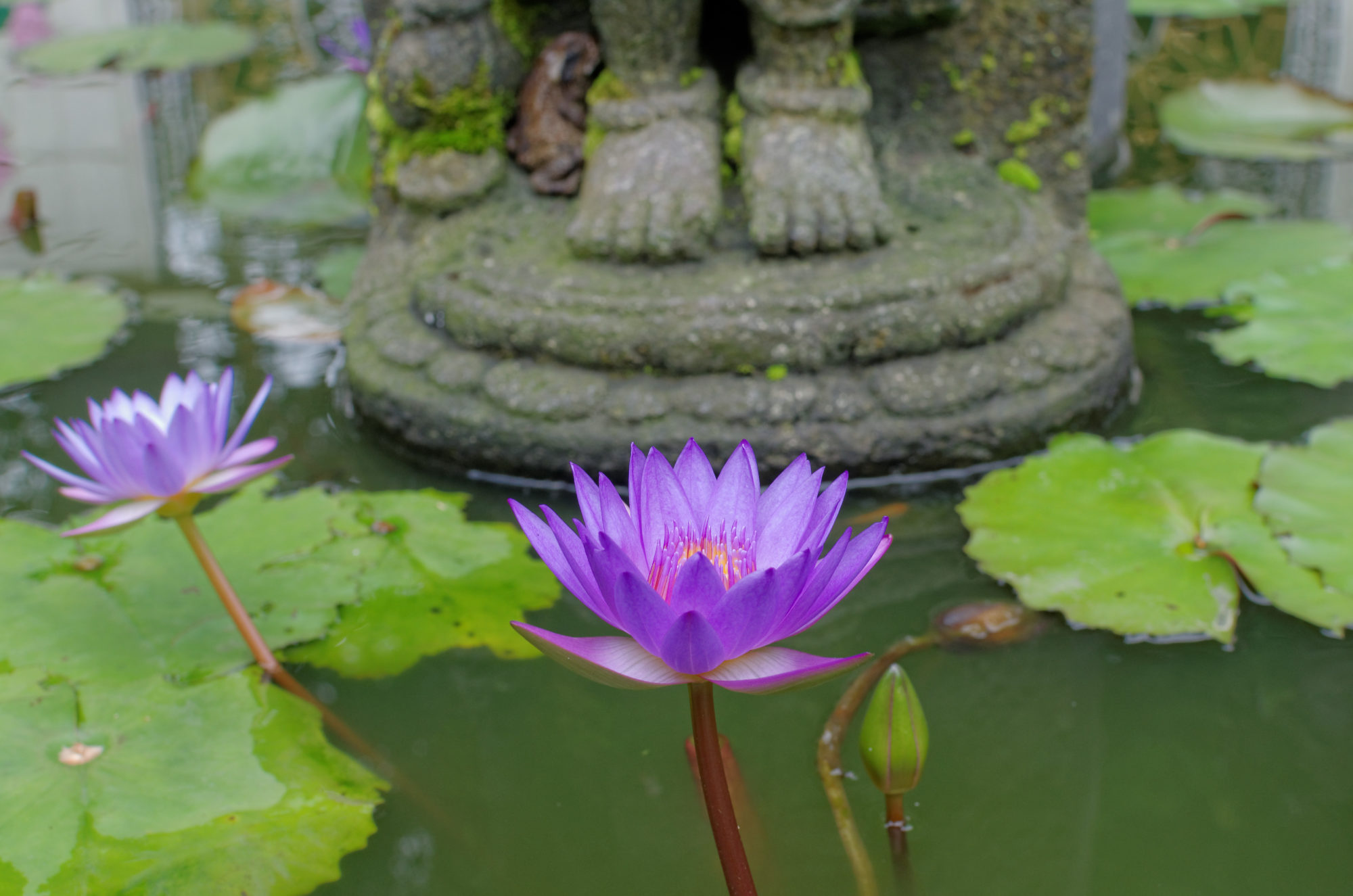Our world is facing unprecedented social and ecological crises. We seem to be losing touch with what it is to be human. Our capacity to know and relate to each other and our world and its other-than-human inhabitants with curiosity and care is weakened year by year. Scientific and rational modes of knowing encourage us to treat these multiple others as objects, as bodies to be managed or resources to be exploited, as if they were truly separate and disconnected from ourselves. Caught in this spell, we have nearly forgotten that there are other modes of knowing and relating available to us.
For most of recorded human history the imagination has served as a primary faculty of knowledge and exploration, of sympathizing and communicating with the human and other-than-human worlds. It has also been a means of acquiring insight into the deeper nature, meaning, and purpose of human life. This NEH Summer Institute invites us to explore the power of the imagination, and to reflect upon its nature and potential for transforming (or re-imagining) our world, by examining the imagination through the mirror of Buddhist practice and theory.
Although the forms of Buddhist meditation best known in the West, such as mindfulness or vipassana, do not prioritize imagery, imaginal processes are abundantly used in other forms of meditation, as well as in Buddhist literature, art, and ritual. Like other religious traditions, Buddhists have long treated the imagination as a cognitive faculty capable of revealing valid knowledge and insight. Imaginal worlds such as buddha fields, pure lands, hidden and other-than-human realms—worlds that are deliberately engaged through the imagination—are treated as valuable sources for personal healing, inspiration, and insight, as well as for social, cultural, and political transformation. While Buddhist philosophical traditions do not always explicitly recognize the imagination as a discrete faculty of knowledge, they do provide a wealth of resources for thinking about the co-creative interrelations between mind, body, action and world that undergird these widespread imaginal practices.
During the Institute, we will examine these Buddhist practices and theories, as well as contemporary theories of the imagination from philosophy, psychology, cognitive science, anthropology, and religious studies, in order to consider how we might thematize the imagination in our own research and teaching and draw upon the lost arts of the imagination to address our current social and ecological crises.
Program Structure
The Institute is organized around a series of presentations by leading experts, including plenty of time for group discussion. It will culminate in the crafting and presentation of syllabi (or other research projects) to take back to one’s home institution.
The first week of the Institute begins by introducing the concept of the imagination and the “imaginal” in religious studies and its use in Buddhist practices in particular. We examine the theory and practice of enacting imaginal worlds in Vedic religion and Pali Buddhism, Indian Buddhist theories of the construction of our worlds (loka), visionary visits to the worlds of the dead in Tibetan Buddhism, and the use of images in Theravāda meditation. We end the week with a guided tour of Himalayan visionary art at the Asian Art Museum in San Francisco on Friday. On Saturday, there will be a free San Francisco Bay cruise – attendance is optional but everyone is welcome.
The second week of the Institute first examines the theory and practice of dreaming in Western psychological theory and Tibetan dream yoga, before turning to the Pure Land practices of envisioning worlds and their cultural and political implications in India and Japan. We will spend Thursday in the visual mode, discussing film as a medium of Buddhist teaching with an evening film presentation, as well as an optional tour of UC Berkeley’s Art Museum. The week will wrap up with a summary of insights from the Institute, group discussions and presentations of projects and syllabi, and a public forum.
Institute faculty co-directors: Karin L. Meyers and William S. Waldron
Institute faculty:
- Benjamin Bogin PhD, Skidmore College
- Francisca Cho PhD, Georgetown University
- Jeffrey Durham PhD, Asian Art Museum
- Eric Huntington PhD, Rice University
- Leah Kalmanson PhD, Drake University
- Matthew Kapstein PhD, University of Chicago
- Jeffrey Kripal PhD, Rice University
- David McMahan PhD, Franklin & Marshall College
- Laurie Patton PhD, President, Middlebury College
- Alyson Prude PhD, Georgia Southern University
- Elliot Wolfson PhD, University of California, Santa Barbara
Jack Petranker and Morgan Wells are the Director and Program Coordinator of the Mangalam Research Center.
Covid Policy
The COVID policy for our NEH Summer Institute will follow the guidelines of the CDC and the State of California. As we know, these often change in accordance with evolving health conditions, so they will likely be updated by June. But at a minimum, we will require proof of vaccination (allowing for religious exceptions), negative test results within 72 hours of arrival, and masking for indoor activities. We also urge participants to follow common sense public health guidelines (no large indoor gatherings, social distancing, etc.) while outside of Mangalam Research Center facilities.
Those utilizing the housing option at UC Berkeley will also need to comply with their Covid policies, including testing upon arrival.
